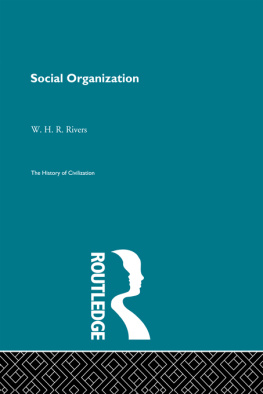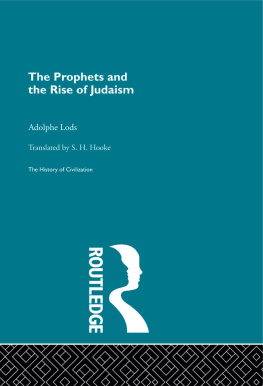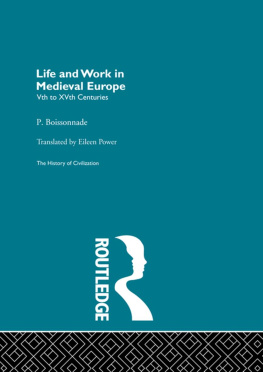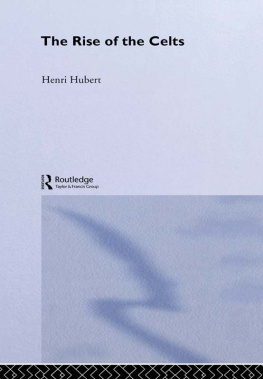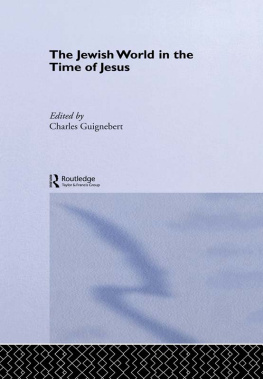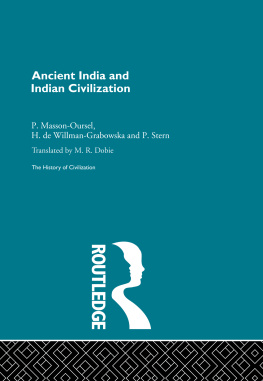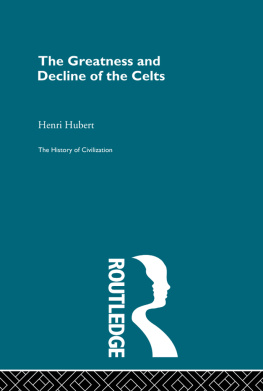The History of Civilization
Social Organization
THE HISTORY OF CIVILIZATION
General Editor C. K. Ogden
The History of Civilization is a landmark in early twentieth Century publishing. The aim of the general editor, C. K. Ogden, was to summarise in one comprehensive synthesis the most recent findings and theories of historians, anthropologists, archaeologists, sociologists and all conscientious students of civilization. The History, which includes titles in the French series LEvolution de lHumanit, was published at a formative time in the development of the social sciences, and during a period of significant historical discoveries.
A list of the titles in the series can be found at the end of this book.
First published in 1924 by Routledge, Trench, Trubner
Reprinted in 1996, 1998, 1999 by Routledge
2 Park Square, Milton Park,
Abingdon, Oxon, OX14 4RN
&
270 Madison Ave,
New York NY 10016
Transferred to Digital Printing 2008
Routledge is an imprint of the Taylor & Francis Group
1996 Routledge
All rights reserved. No part of this book may be reprinted or utilized in any form or by any means electronic, mechanical, or other means, now known or hereafter invented, including photocopying and recording, in any information storage or retrieval system, without permission in writing from the publishers.
British Cataloguing in Publication Data
ISBN: 0-415-15572-X
ISBN Pre-history (12 volume set): 0-415-15611-4
ISBN History of Civilization (50 volume set): 0-415-14380-2
Publishers Note
The publisher has gone to great lengths to ensure the quality of this reprint but points out that some imperfections in the original may be apparent
Preface
IN the intimate revelation of his own personality given in his book Conflict and Dream Dr. Rivers referred to his investigations in social organization as the scientific problem which forms perhaps my most important contribution to ethnology (p. 133); and he has made it clear in the same book that the claims of ethnology were so insistent as to have decided him to abandon work in physiology, medicine, and psychology, in each of which branches of science he had achieved conspicuous success, both in original research and teaching, in order to devote his whole attention to the urgent problems of the study of man. On his own admission his work on Social Organization was his greatest achievement in his chosen field of investigation. Hence it became my primary object as his literary executor to rescue everything that he had written on the subject.
This book is based upon the manuscript prepared by Dr. Rivers in 1920 and used by him in two courses of lectures in Cambridge in 1921 and 1922. It had been his intention to revise his manuscript in the summer of 1922 for a course of lectures in India during the winter 1922-3, and to publish it in the form of a book. While recognizing the imperative duty of getting the manuscript published, I realized that it consisted of little more than lecture notes, which needed drastic editing, such as Rivers himself proposed to bestow upon them, before they could be published. It was a great relief to me when Mr. Perry undertook the difficult and onerous task of preparing this work for the Press, for no one else has either the special knowledge of the evidence or the sympathetic understanding of Rivers attitude towards the problems discussed in the book.
In the original manuscript there was a lack of coherence and consistency in the various chapters, especially in those dealing with kinship and marriage; and the ambiguities had to be cleared up. In certain cases where the meaning of the author was not quite clear Mr. Perry substituted for doubtful passages quotations from Rivers earlier writings, more especially The History of Melanesian Society and Kinship and Social Organization , and thus made certain that his real opinion was given to the reader. In the course of this adjustment to make clear his own attitude with regard to what is known as the Dual Organization. I urged this course on him because during the session when Dr. Rivers was delivering these lectures in Cambridge for the last time Mr. Perry was writing his book on The Children of the Sun , which deals with some of the problems discussed in this book, but from a different angle. When I saw Dr. Rivers a fortnight before his death he told me that he was looking forward to the summer vacation (of 1922), when he intended to read the manuscript of Perrys book, and by discussion with him hoped to clear away the discrepancies in their interpretations of the evidence relating to social organization, and especially the question of the dual organization. It is a great misfortune that his death should have occurred before this colloquium could take place.
In urging Mr. Perry to deal in this drastic fashion with parts of the book I was prompted by the desire not only to make the book as coherent and lucid a guide as possible for the students, who will make it their vade-mecum, but also to do what Dr. Rivers himself would have done had he been spared to prepare the book himself. Although the chapters mentioned have been recast, the rest of the book is essentially as it was when Rivers died, except for a few minor literary corrections.
Realizing that the book is certain to be the standard textbook upon a very difficult subject and an enduring memorial of the author, who inaugurated the great advance in ethnological technique expressed in it, Mr. Perry has devoted a vast amount of time and labour to the preparation of the manuscript for the Press. In fact, he has done so much that his name ought to appear as part-author; but he has preferred to give lucid expression and consistency to Dr. Rivers views rather than obtrude his own opinions.
A work which deals with the foundations of society cannot be stripped of all its puzzling intricacies; but in this book the problems have been put into the simplest possible form of expression. It might, perhaps, help in understanding the exposition if at the outset the reader studies the first and third Appendices and examines the concrete illustration of the principles of social organization which in ) as well as for the note on Bibliography which follows the Preface.
For permission to reprint, as in this book, the illuminating article written in 1907 by Dr. Rivers On the Origin of the Classificatory System of the Relationships, which was published in the Anthropological Essays presented to E. B. Tylor , I wish to express my gratitude to the Secretary of the Clarendon Press in Oxford.
G. E LLIOT S MITH .
U NIVERSITY C OLLEGE ,
L ONDON .
Bibliography
ALTHOUGH the literature of ethnology in general is enormous, especially as regards descriptions of various peoples, there is but little yet written on the topics treated of in this book. It is certain that Rivers will stand alongside of Morgan and McLennan (see ) as one of the great pioneers in the study of social organization, but his work is of a far more scientific nature than that of his two predecessors, and his general results can hardly now be overturned. The reader should proceed to read Rivers Kinship and Social Organization , and then go on to The History of Melanesian Society for a detailed investigation into the problems of social structure that have engaged his attention in this book. Books such as those by Westennarck, Lowie, Webster, and Frazer will give him ample references to authorities.
Bachofen, J. J., Das Mutterrecht, Stuttgart, 1861.
Brown, A. R., Three Tribes of Western Australia ( Journ. Roy. Anth. Inst. , 1913).

